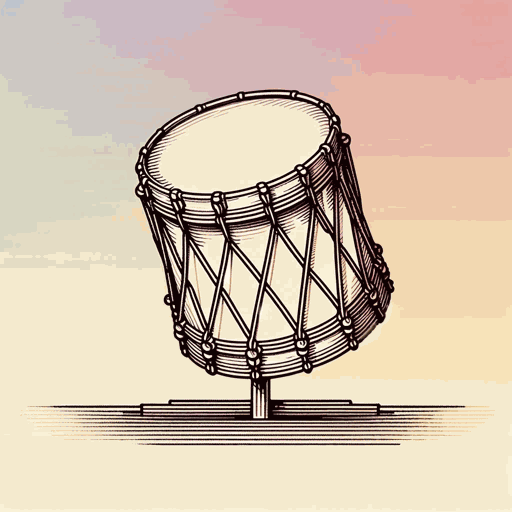36 pages • 1 hour read
Richard M. WunderliPeasant Fires: The Drummer of Niklashausen
Nonfiction | Book | Adult | Published in 1992A modern alternative to SparkNotes and CliffsNotes, SuperSummary offers high-quality Study Guides with detailed chapter summaries and analysis of major themes, characters, and more.
Themes
Enchanted Time
Peasants in late medieval Europe could access a world of “fantasy justice” and upset the usual social order via what Wunderli calls an “enchanted world.” During these “enchanted” periods in the liturgical calendar, peasants could rid themselves of elite domination and exercise spiritual and material power through rituals. Behem and his pilgrims, however, extended this “enchanted time” outside of the acceptable festivals and feast days to assert their political and religious rights, thereby disrupting social norms.
Behem’s extension of “enchanted time” was threatening to the Church elite. Festivals like Carnival were “part of official culture […]” (21), whereas Behem’s ministry never gained official sanction from the Church. Indeed, the Church disputed his claims of legitimate visionary experience and stated that a mysterious mendicant friar orchestrated Behem’s revolt. For Behem and his followers, enchanted time was a tool of empowerment. During Carnival, peasants satirized the Church and elites through bawdy and critical rituals that functioned as a controlled outlet for their resentment. When their bitterness spilled over into regular time, it became dangerous and uncontrollable. Religious elites understood the importance of maintaining the liturgical calendar and the flow of everyday time to control the peasantry’s activities.

